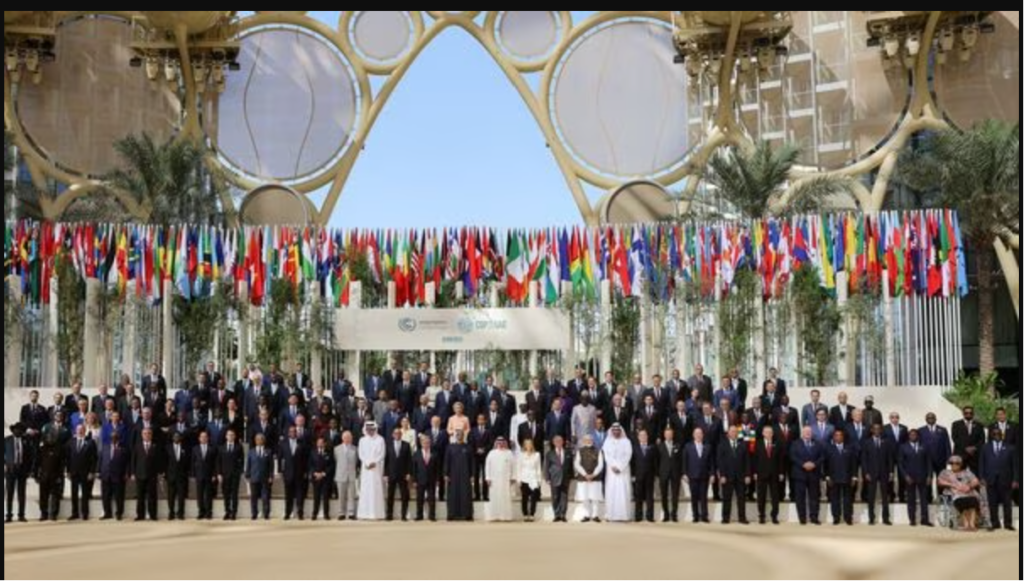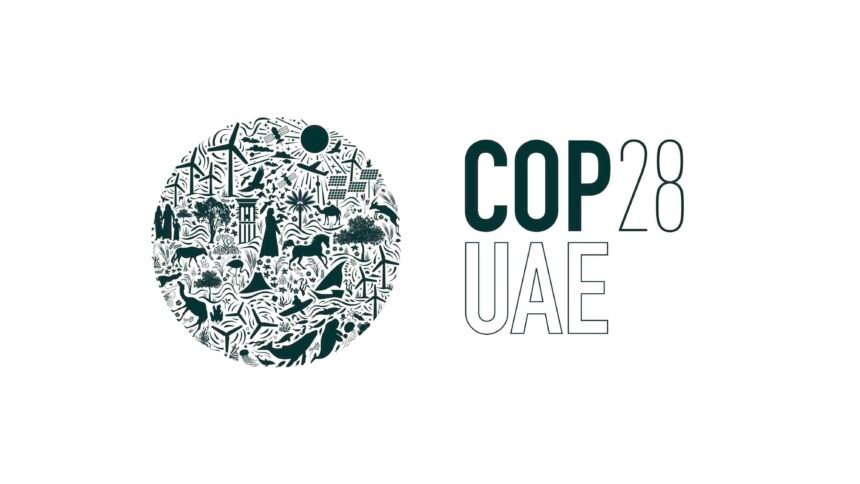India, one of the world’s largest and fastest-growing economies, has decided not to sign the COP28 Declaration on Climate and Health, a voluntary call to action that aims to transform health systems to be climate-resilient, low-carbon, sustainable, and equitable. The declaration, which was endorsed by 124 countries, was launched at the first Health Day and discussed at the first climate-health ministerial, on 3 December 2023, at the ongoing COP28 summit in Dubai.
India And COP28: Health and Climate Declaration
The decision, which was communicated by the Indian delegation during the inaugural Health Day, underscores India’s position on balancing environmental objectives with the urgent demands of its healthcare sector, which is facing multiple challenges such as the COVID-19 pandemic, the lack of adequate infrastructure and resources, and the burden of communicable and non-communicable diseases. India also expressed its reservations about some of the points in the declaration, such as the need to curb greenhouse gas use for cooling in the health sector, which is essential for preserving vaccines, medicines, and blood products, especially in tropical countries like India.
India’s stance on the declaration reflects its broader approach to climate action, which is based on the principles of equity, common but differentiated responsibilities, and respective capabilities. India has argued that the developed countries, which are historically responsible for the majority of greenhouse gas emissions, should take the lead in reducing emissions and providing financial and technological support to the developing countries, which are more vulnerable and less capable of coping with the impacts of climate change. India has also emphasized that the developing countries, which have the right to pursue economic growth and poverty eradication, should have the flexibility and space to choose their own pathways and priorities for climate action, in accordance with their national circumstances and development needs.
Also read : COP28: What You Need To Know About The Upcoming UN Climate Summit In Dubai

Health and Climate Declaration
India, however, has not shied away from taking ambitious and proactive actions to address climate change, and has emerged as a global leader in renewable energy, energy efficiency, and green innovation. India has also made significant contributions to various multilateral initiatives and platforms, such as the International Solar Alliance, the Coalition for Disaster Resilient Infrastructure, and the Leadership Group for Industry Transition. India has also submitted its updated Nationally Determined Contribution (NDC) to the UNFCCC, in which it has pledged to reduce its emissions intensity by 33-35% by 2030 from 2005 levels, to achieve 40% of its electricity generation from non-fossil fuel sources by 2030, and to create an additional carbon sink of 2.5-3 billion tonnes of carbon dioxide equivalent through additional forest and tree cover by 2030.
India has also recognized the importance of addressing the linkages between climate change and health, and has taken several measures to improve the health and well-being of its population, especially the poor and marginalized sections. India has launched various schemes and programs, such as the Ayushman Bharat, the Swachh Bharat Mission, the National Health Mission, and the National Urban Health Mission, to provide universal health coverage, sanitation, nutrition, and maternal and child health services. India has also invested in strengthening its health infrastructure, human resources, and surveillance systems, and has successfully contained the COVID-19 pandemic and rolled out the world’s largest vaccination drive.

Health and Climate Declaration
India’s decision to refrain from signing the COP28 Health and Climate Declaration does not mean that it is indifferent or opposed to the cause of climate and health. Rather, it means that India is cautious and pragmatic, and that it wants to ensure that its climate and health policies are aligned with its national interests and realities. India is willing to cooperate and collaborate with the international community on climate and health issues, but it also expects that its concerns and aspirations are respected and accommodated. India is confident and hopeful that it can achieve its climate and health goals, and that it can contribute to the global efforts to safeguard and invest in the health of the planet and its people.
Also read : Bihar’s Afforestation Initiatives At The COP28 Summit In Dubai Have Garnered Global Attention




































